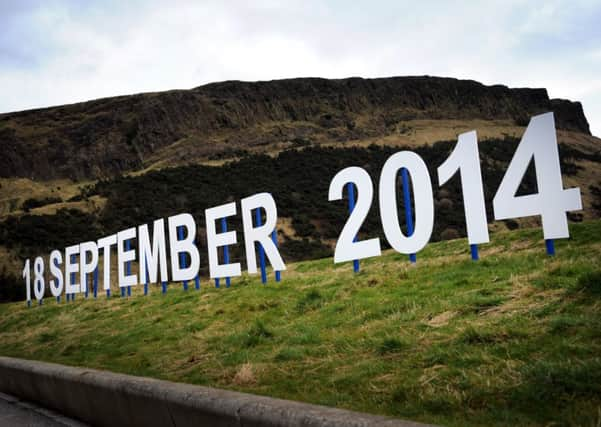Andrew Whitaker: The referendum and the union vote


Although the STUC is unlikely to state a definitive preference on Yes-No, today’s intervention by organised labour brings to light just how little attempt has been made by either side of the referendum debate to engage with a body that represents some 630,000 workers
The SNP government’s 600-plus page white paper gives scant mention to the role of trade unions and contains only minimal commitments such as a pledge to “consult on the best form of employee representation on company boards”. Also noticeably lacking from the blueprint for independence is any commitment to a charter of employee rights that could include protection for workers striking in defence of their jobs and conditions, for example.
Advertisement
Hide AdAdvertisement
Hide AdThe silence on the issue from the Better Together campaign has been even more deafening – with the involvement of the Tories perhaps offering some explanation as to why even high-profile Labour figures in the No lobby have not made a great attempt to court the trade union vote.
While some STUC affiliates, such as the shopworkers’ union Usdaw and steelworkers’ union Community, have formally backed a No vote, the bigger unions, such as Unite and Unison, have yet to declare and may not take a formal position on the referendum, despite being aligned to Labour.
There are also some unions not affiliated to Labour, such as Bob Crow’s railworkers’ union – the RMT – who have launched debates on the issue.
At the same time some branches in other non-Labour aligned unions, such as the Public and Commercial Services, have backed a Yes vote.
But what has been apparent from interventions by trade union leaders is near universal backing for more devolution of economic powers which, it has been argued, would let Holyrood pursue greater social justice. Leading Scottish trade unionists figures such as Unite’s Scottish secretary Pat Rafferty and Unison Scottish organiser Dave Watson even told last year’s Labour conference that their unions would not be bounced into picking sides.
All of which makes it hard to understand why both sides of the referendum campaign have failed to offer a vision of how the workplace would be a better place in either an independent Scotland or within the UK, with union votes clearly up for grabs.
Both sides have made concerted attempts to court business leaders, academia and the legal profession. But so far the unions, despite attempting to engage with the debate through the referendum consultation and Labour’s own devolution debate, seem still to be waiting to be brought in from the cold.